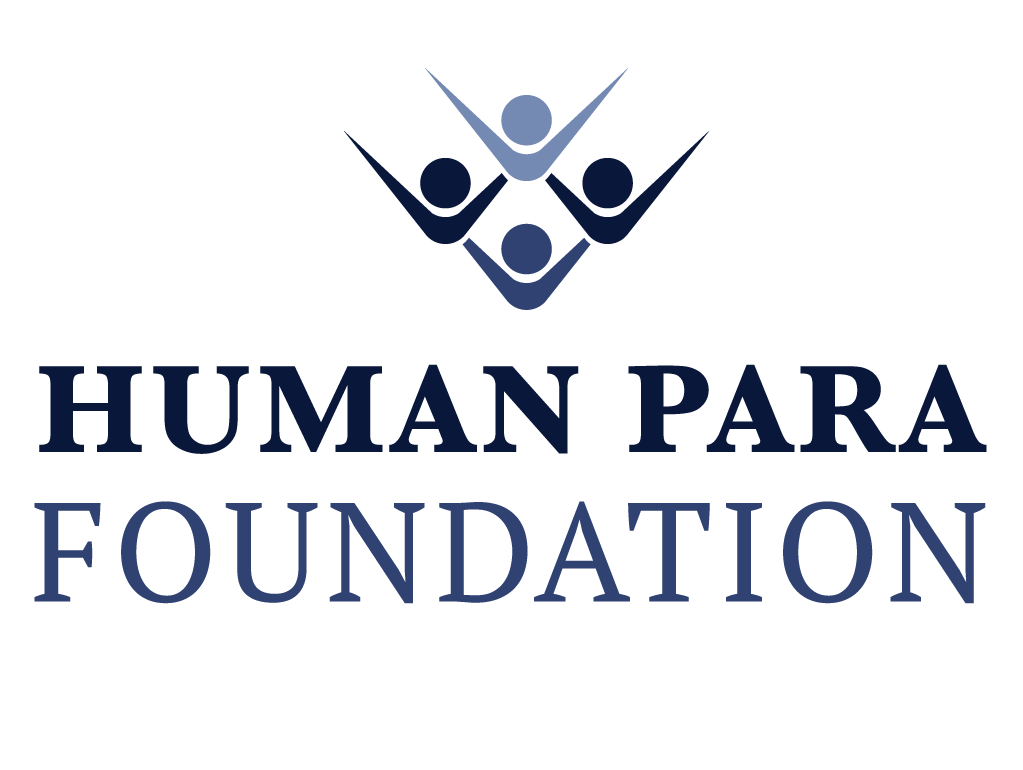 Dr. Robert Greenstein is a researcher in the Laboratory of Molecular Surgical Research at the VA Medical Center in Bronx, NY. He has written numerous publications on the subject of mycobacteria, and has recently turned his efforts toward the anti-MAP activity of existing Crohn’s disease therapies.
Dr. Robert Greenstein is a researcher in the Laboratory of Molecular Surgical Research at the VA Medical Center in Bronx, NY. He has written numerous publications on the subject of mycobacteria, and has recently turned his efforts toward the anti-MAP activity of existing Crohn’s disease therapies.
Learn about Dr. Greenstein’s decades of work with MAP, conventional Crohn’s disease treatments and antibiotic resistance. His presentation concludes with a discussion of the proof needed to link MAP with Crohn’s, followed by an audience Q&A session.


 Dr. Jonathan Budzik is a Visiting Scholar at the University of California Berkeley Cox Lab and an Assistant Professor in the Division of Pulmonary & Critical Care at the University of California, San Francisco. His research interests include understanding the changes in host protein phosphorylation during M. tuberculosis infection and investigating the molecular basis for M. avium. complex virulence.
Dr. Jonathan Budzik is a Visiting Scholar at the University of California Berkeley Cox Lab and an Assistant Professor in the Division of Pulmonary & Critical Care at the University of California, San Francisco. His research interests include understanding the changes in host protein phosphorylation during M. tuberculosis infection and investigating the molecular basis for M. avium. complex virulence.
 To kick off Human Para’s 2018 conference, Mycobacterial Implications in Crohn’s and Chronic Inflammatory Diseases, Dr. William Chamberlin provided a brief overview of the history of atypical mycobacteria in human disease, suggestions on how to change the status quo by establishing causality and discussed the challenges going forward.
To kick off Human Para’s 2018 conference, Mycobacterial Implications in Crohn’s and Chronic Inflammatory Diseases, Dr. William Chamberlin provided a brief overview of the history of atypical mycobacteria in human disease, suggestions on how to change the status quo by establishing causality and discussed the challenges going forward.
 Should humans with Crohn’s disease be reclassified as having Johne’s disease? Enjoy the latest commentary from Dr. William C. Davis of Washington State University, whose lab will be presenting their latest research at the
Should humans with Crohn’s disease be reclassified as having Johne’s disease? Enjoy the latest commentary from Dr. William C. Davis of Washington State University, whose lab will be presenting their latest research at the 
 The 2018 Human Para conference,
The 2018 Human Para conference,